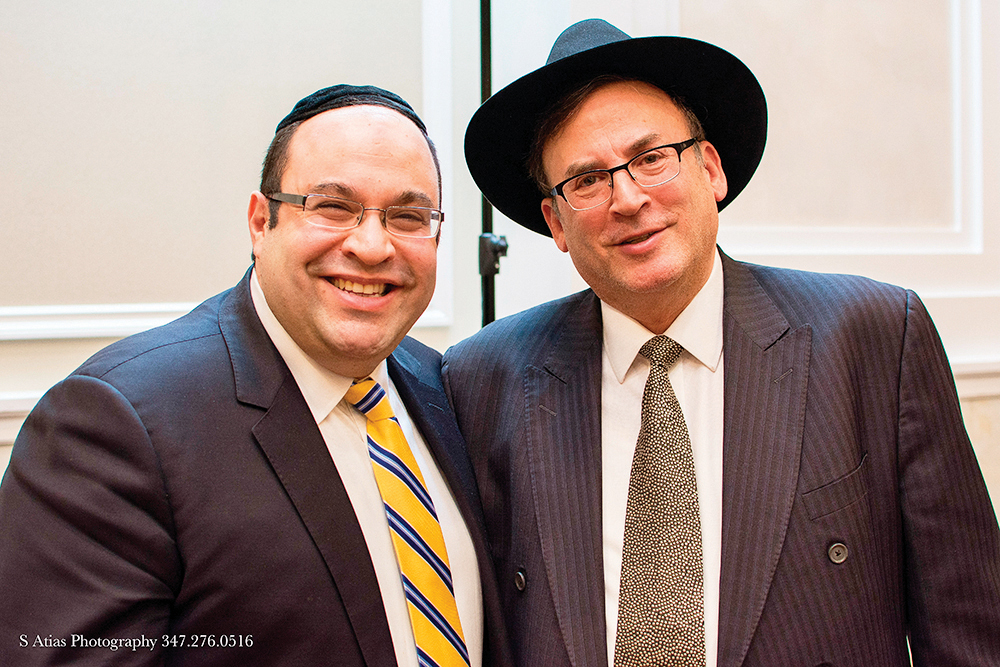
It is hard to believe that two years have passed by since the petrira of my rebbe, Rabbi Wallerstein, z”l.
One of the yesodot (principles) of emunah that Rabbi Wallerstein was very passionate about was how much love Hashem has for us. Rebbe gave a mashal (story) to explain this concept.
Once, there was a king who was redesigning his palace. He called his three best artisans and instructed them each to create a design on a wooden panel. He gave them 30 days to complete the project. In the middle of the 30-day time period, the king decided to check on the progress of each of the designs.
He came to the first artisan and asked him, “Do you need any funding for your project?” The artisan answered, “Yes, I need $500 worth of supplies.”
He approached the second artisan and asked, “Do you need any funding?” The artisan answered, “Yes, I need $800 to cover the cost of my supplies.”
The third artisan was asked the same question, but answered that he did not need any funding. The king looked at the third artisan’s board and was dismayed by seeing a big x on his panel. The king was shocked and warned him that he must have his design ready by the time 30 days were up.
The date arrived for the king to view the designs.The first one was presented, and he was very impressed. The second board was presented and, again, the king was impressed. Finally, the third design was presented. All the king saw was a panel of mirrors. “What’s this?” he asked. “Mirrors?” The artisan explained, “Honorable King,” he said. “You are the most important figure in the kingdom. With this panel of mirrors, everyone will be able to see you and, in turn, you will be able to see your subjects.”
The king thought for a while and then said, “Yes. Yours is the design that I want.”
Rav Wallerstein explained this story as a lesson for our lives. This is the way our relationship is with Hashem. We should strive to act as Hashem’s reflection. When Hashem looks at us, He should see His reflection in us, in the way we act, think, speak, dress and carry ourselves.
Rav Wallerstein cited a midrash where a king had three daughters. He promised them that when they would get married he would let them each choose one thing for him to give them. The first daughter said, “When I get married, please design a castle in my new city like the original one.” The second daughter said, “Build me a crown like yours, dear father, so I can remember you always.” The third daughter didn’t ask for anything. So the king asked why. She responded, “All I want is you. So in my castle I’ll build a room for you.”
So too, mitzvot that we do are a constant zecher (reminder) for bringing Hashem into our lives.
The lesson is that first we have to build a room for Hashem in our hearts by doing mitzvot. This will ultimately lead to a closer relationship with, and constant remembrance of, Hashem.
Another lesson that Rabbi Wallerstein taught was that we should view our lives as if everything happens for the best, even if we can’t understand how. This timely lesson applies always, but especially now, after the events of October 7.
The yahrzeit of Rabbi Wallerstein is on Rosh Chodesh Iyar. L’zecher nishmas R’ Zechariah Shimon Ben R’ Yitzchak HaCohen z”l.










